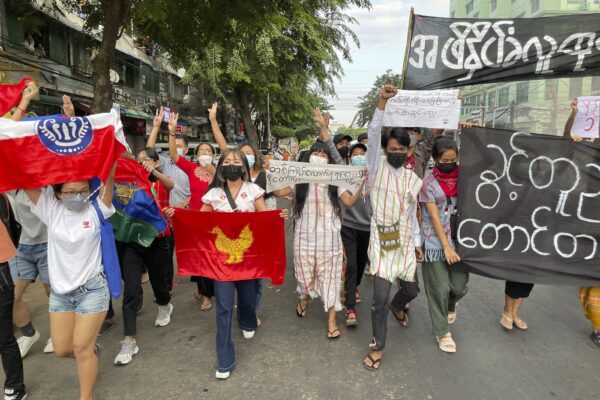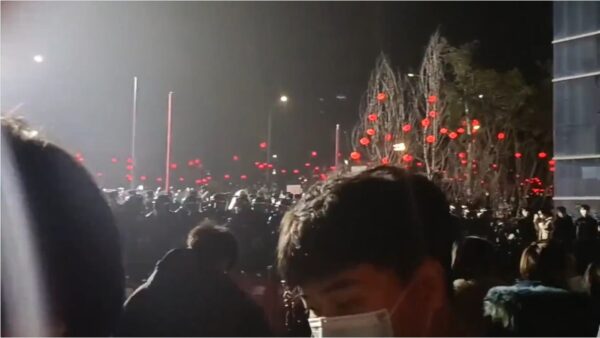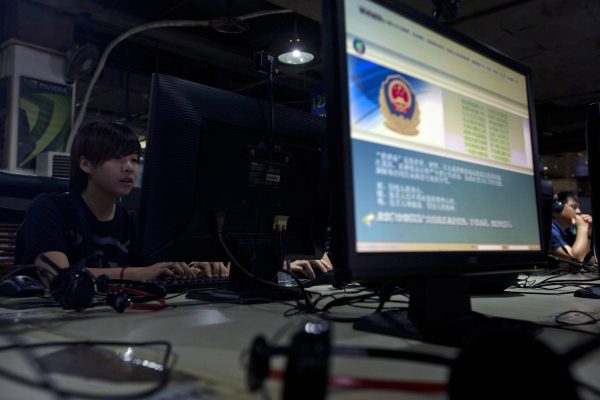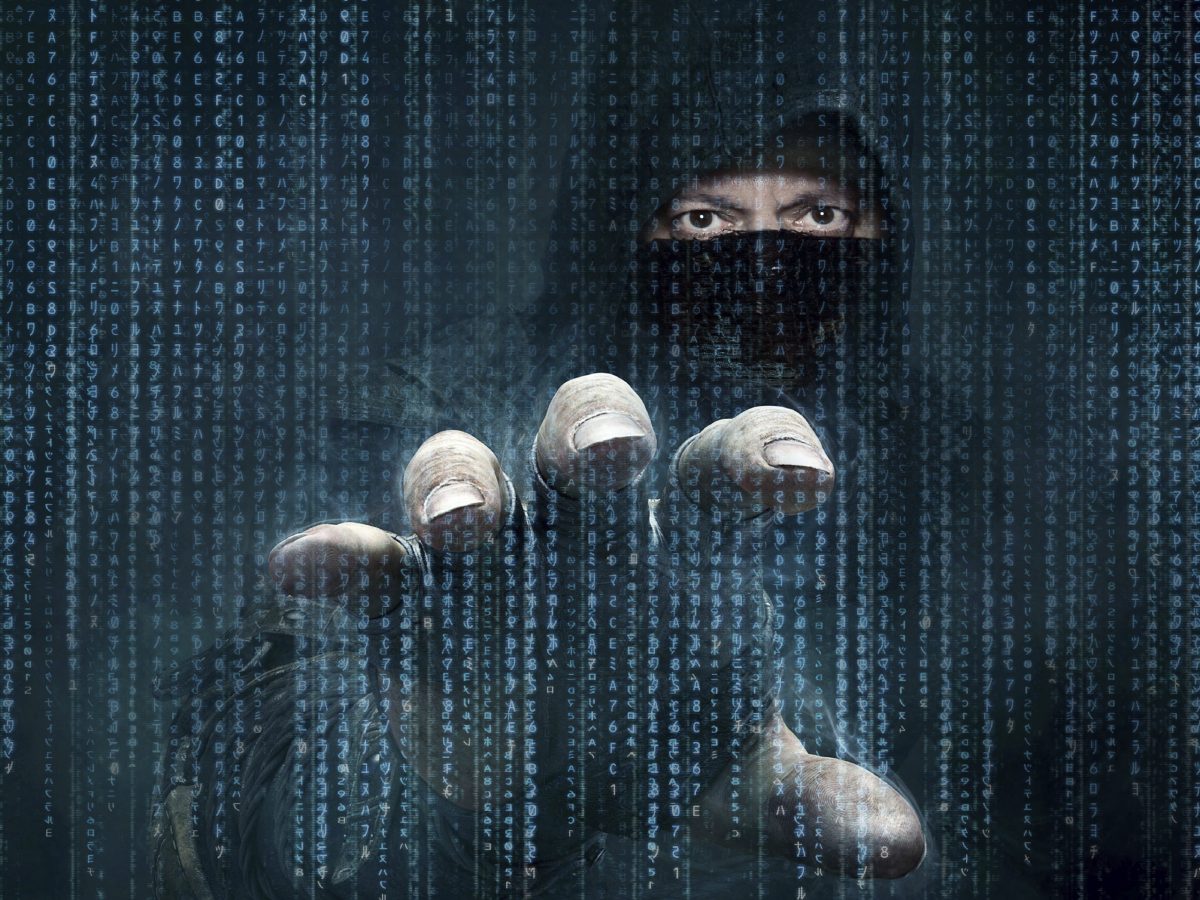In the digital era, the right to access information goes hand in hand with freedom and democratic values.
However, authoritarian regimes and private sector actors in 35 countries have stepped up the use of internet blackouts as a method to control protests, free speech, and suppress information.
Five nations enacted internet blackouts related to national elections in 2022.
Last year, forced web shutdowns reportedly occurred 187 times. It set a disturbing new record and was the second year in a row deliberate internet blackouts spiked globally.

India accounts for the majority of the incidents, but China, Brazil, Myanmar, Russia, Cuba, and Iran are also on the list.
In Ukraine, external forces were blamed for 22 internet shutdowns amid the conflict with Russia.
Though regardless of location, the surge in intentional web blackouts has sparked concern for many.
“Forced web censorship is a way to limit speech and dissent, which makes it a violation of human rights. Specifically, it limits the ability to resist against injustice or crime; this kind of censorship facilitates crime,” James Song told The Epoch Times.
Song is a human rights advocate and tech pioneer who has worked with Myanmar refugees. Having witnessed information blackouts up close, he says world leaders will likely see the value in using Myanmar’s approach versus straight-forward internet shutdowns in the future.
“The primary aim of an unjust government or leadership is to limit dissent and increase control,” Song said.
“Traditionally, you could not do this without limiting information flow. Today, however, with the advent of publicly-accessible large language models like ChatGPT, we’ll probably enter a golden age of misinformation. Where dictators will want you to access the internet so they can feed you specific disinformation.”
Control Measures
Censorship and misinformation have been the go-to move of authoritarian regimes for years. It became increasingly prevalent during the COVID-19 pandemic and, for some countries, an even bigger crutch once the world opened back up and began dropping restrictions.
During the 2022 World Cup games in Qatar, the Chinese Communist Party (CCP) censored footage of maskless fans enjoying the event in a crowded stadium.
It marked the beginning of the end for China’s notorious “zero-covid” policy.
Public anger over maskless World Cup attendees erupted into widespread protests after a locked-down building in Xinjiang suffered a deadly fire in November, killing 10 trapped inside.

Song predicts an “exponential rise” in the use of disinformation which, ironically, requires internet access.
“There will also likely be a sharp rise in never-before-seen news media outlets as disinformation agents seek new distribution channels,” he added.
But for now, hitting the internet “kill switch” and throwing populations into web darkness is trending.
The United Nations special rapporteur on the rights to freedom of peaceful assembly and of association, Clement Voule, noted: “Shutdowns are lasting longer, becoming harder to detect and targeting particular social media and messaging applications and specific localities and communities.”
The United States is no stranger to widespread misinformation and free speech suppression on the internet.
Some have suggested internet shutdowns could easily happen, given the vague language used in the “presidential emergency action documents,” which the Brennan Center for Justice released to the public last year.
Originally drafted during the Eisenhower administration, the documents outlined the granting of extensive emergency powers to a U.S. president—including a total communications shutdown—if a threat to the continuity of government arose.
The papers offered a sobering reality to Americans who were unaware of the lack of government oversight during a state of emergency. But if an internet shutdown happens on U.S. soil, tech insiders say there are things residents can do to stay in the loop.
Staying Connected
“Forced internet blackouts can be difficult to navigate, but there are a few ways you can minimize the impact. The primary way is by using virtual private networks [VPNs] to bypass government blockages and restrictions,” Anthony Buzzetta, tech insider and founder of the company G Tier, told The Epoch Times.
After China’s “zero-covid” protests last year, reports emerged of police checks of civilian phones to search for VPN software. It was an attempt to identify dissidents.
If VPNs aren’t an option, Buzzetta said using mesh networking technologies like FireChat or Bridgefy can help maintain communication amid government restrictions.

He believes the surge in internet shutdowns in recent years is an “increasingly concerning trend” and forced web censorship is a “direct violation of freedom of expression and thought, which are fundamental human rights.”
Song noted that using an end-to-end encrypted communications platform that is privacy friendly—like Signal—is a good start to navigating state censorship.
But in the event of an internet “kill switch” protocol, he suggests using an app like Briar to stay in touch, which doesn’t require a web connection or special version to operate offline.
Like many, Song and Buzzetta believe forced web blackouts have implications far beyond people being stranded offline for a few hours.
As countries grapple with broader political, social, and economic challenges, Buzzetta said internet shutdowns “can contribute to the erosion of democratic principles and rights.”

















































